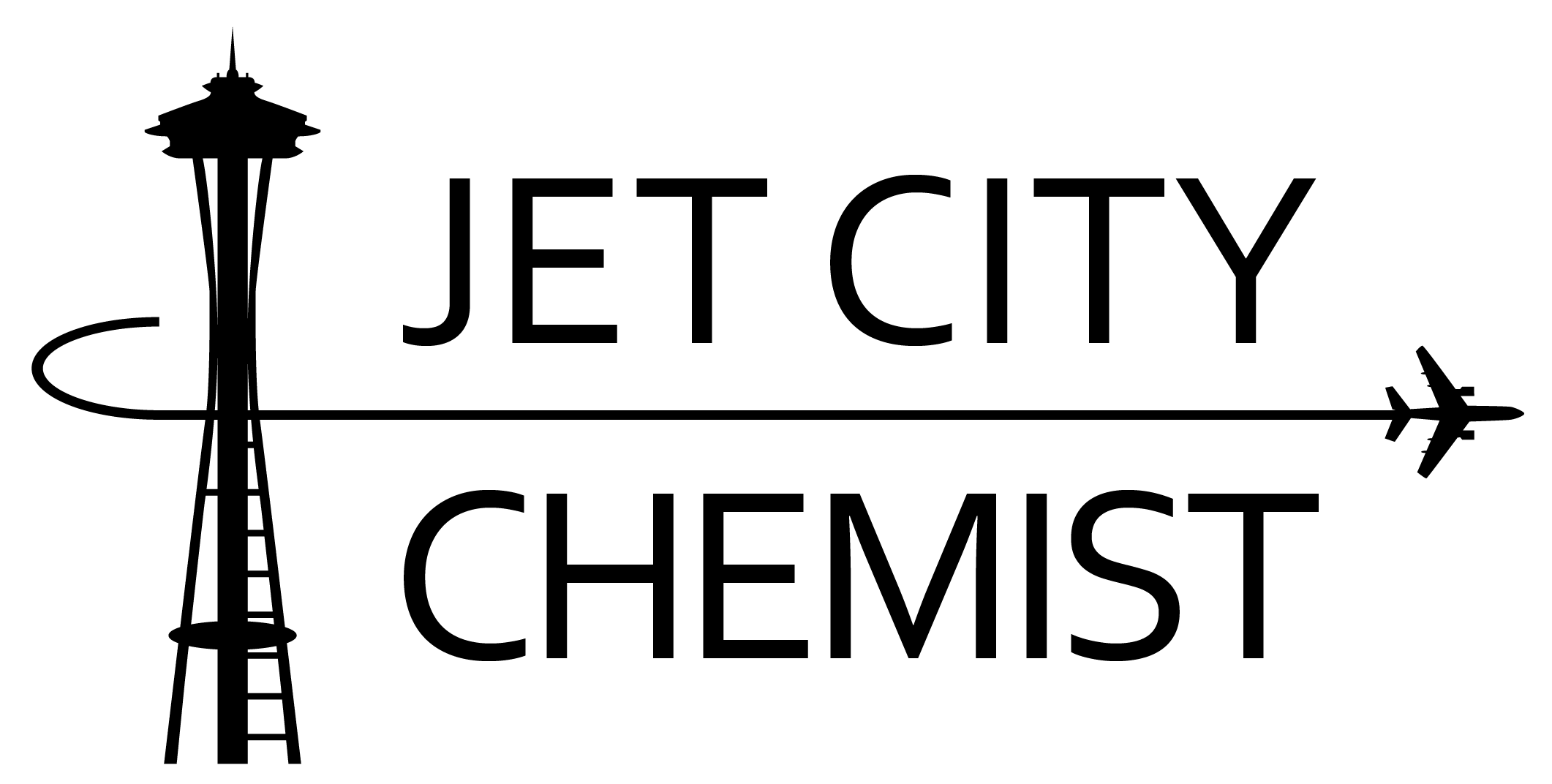The largest pharma in Jet City is Seagen. Founded in 1997 with the help of Genentech and some Microsoft Money, the company Amgen-ified its name in 2020 to become Seagen. Seagen focuses on oncology and has three anti-body drug conjugates and one small molecule kinase inhibitor approved. 2022 sales totaled about $2billion.
Below are the products. Its impressive to see a company with a portfolio of both ADC and small molecule therapeutics. Demonstrating impressive capabilities in two modalities enables a broader and more interesting/useful set of targets to work on. Warms a chemist’s heart.
PADCEV, enfortumab for bladder cancer

TUKYSA, tucatinib for HER-2 positive breast cancer

ADCETRIS, Brentuximab for Hodgkins and ALCL. Cell membrane CD30 (TNFRSF8) $1,500M 2022 sales (same payload as PADCEV)
TIVDAK, tisotumab for cervical cancer. Tissue Factor (TF) , $18M 4Q2022
Visiting the site, I’m struck by the smell. It smells like Amgen of the late 90s, the smell of expansion. Seagen has about 3400 employees, exactly what Amgen had in 1994 and here’s how Amgen’s stock did since then…(past performance is no guarantee etc)
A sea change is on the horizon for Seagen, though, as their course has now been set with the $43B Pfizer acquisition announced in March this year. In the 1990s Pfizer had a reputation for a string of buy and purge acquititisons as the industry consolidated. But this is not your fathers Pfizer. Word on the street is papa Pfizer, in Roche/Genetech fashion, does not want to kill the golden goose. For the employees, Jet City biotech space and especially cancer patients, I hope Seagen thrives as it becomes Pfizer-Washingon.
